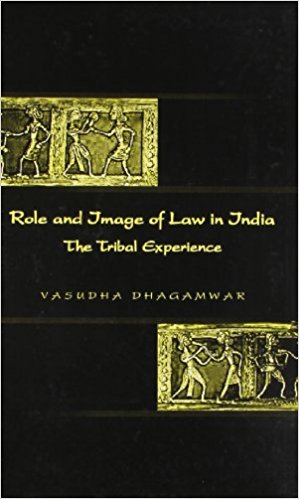‘To enter the phase of post-colonialism the tribes will first have to become state powers…. If so, then 8.08 per cent share in the total population of India is not a negligible number’ (p. 379). Dhagamwar’s concluding lines in the book under review deflate an otherwise compassionate and edifying work on certain tribes and their tribulations since the colonial era: the Pahadiyas of the Rajmahal Hills, the Santals of the Santal Parganas, both originally in Bihar and now in Jharkhand, and the Bhils of north-western Maharashtra. In her introduction, Dhagamwar delineates the premises of her study: the geographic and cultural isolation of the tribes from settled society; the law as comprising both specific legal situations and the legal system, i.e., the police, lawyers, the courts and jails; the tribe’s unawareness of its own history resulting in loss of its identity and culminating in Verrier Elwin’s “loss of nerve” and attendant consequences; and the focus on land and criminal matters as “these two areas of law are the only ones that matter to tribes” (pp. 12-13, 16-17). Then comes a perfunctory preliminary chapter that ends, “In all its aspects, the relationship between tribes and civil society in ancient and medieval India was that of convenience. Law, as we understand it, had little to do with it” (p. 36).
September 2006, volume 30, No 9

